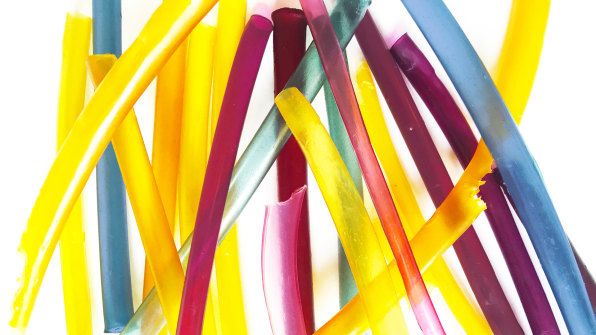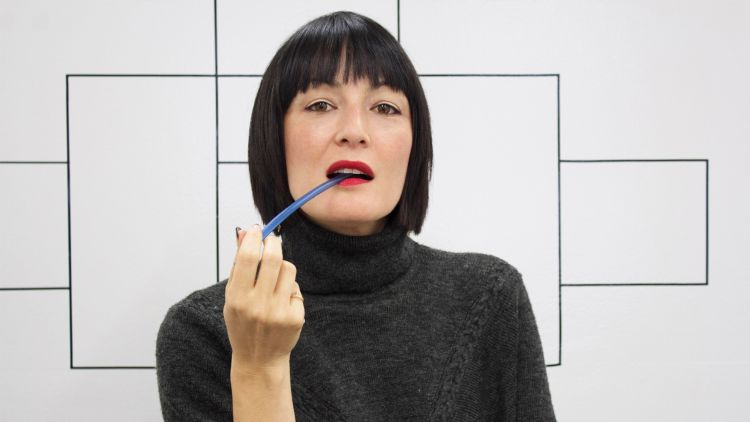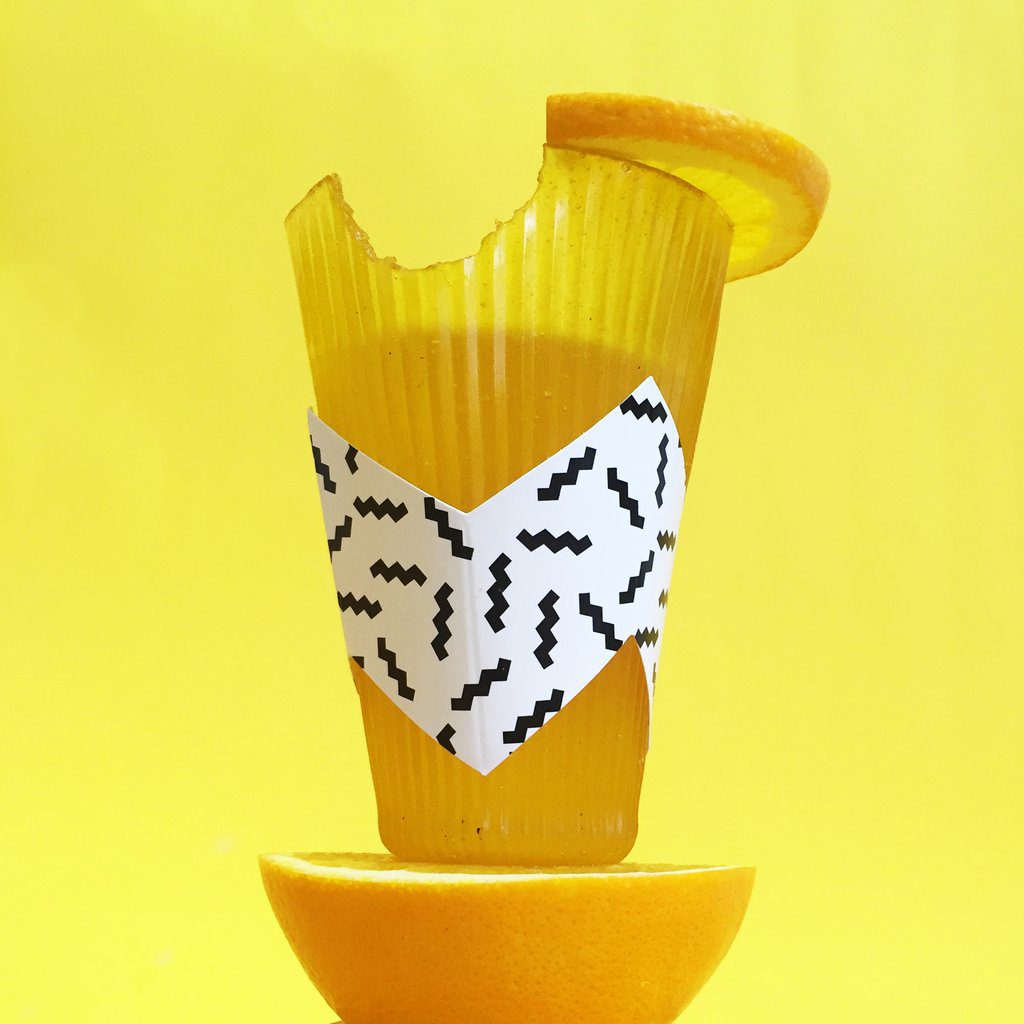Loliware is a startup company that launched edible seaweed straws to replace plastic ones. Unlike other products on the market, their edible seaweed-based ones will not get mushy over time! Best yet? If you end up throwing these away in your household trash can or dropping them into our oceans then they dissolve quickly so there’s no need to worry about marine life getting ensnared by any harmful chemicals.

San Francisco and Seattle have already banned restaurants from serving plastic straws to customers. So if you want one, just ask or use an alternative.
CEO and co-founder of Loliware, Chelsea Briganti has a very creative way of looking at plastic straw bans. She sees them as an opportunity to raise awareness about the dangers of pollution in our oceans.
Up until recently, 360 billion plastic straws were used throughout the world. However, as single-use plastics are increasingly being phased out in favor of more environmentally friendly alternatives it’s only logical that companies and countries should start looking for sustainable solutions.

Loliware is revolutionizing the straw industry with its innovative seaweed-based product. They are already producing 2 million per week in a pilot plant, and early adopters like hotel chains Marriott enjoy using them for their beverage company events. By the beginning of 2020, the company started selling packs of straws for consumer use. The straw has a “neutral” taste and doesn’t have any saltiness as traditional seaweed does.

As Loliware starts using new manufacturing facilities in Europe, it will have the capacity to produce 30 billion straws and develop various designs for juice boxes, cocktail stirrers, or boba tea.
The company plans to get creative and experimental with its straws by adding flavors, vitamins, or nutritional benefits.
In the US alone, 500 million plastic straws are used each day. If they were placed end-to-end these would circle our planet over 14 times. Recent studies have shown that only 9% of all plastics waste is recycled while 12% is burned. A whopping 79% of plastics end up in landfills, lakes, and oceans. These man-made materials take around 400 years to decompose which poses risks for wildlife such as marine life, birds, and bees.
About Loliware
After growing up surfing in Hawaii, Briganti became aware of how important it is to protect the ocean and all its inhabitants. She recognized that plastic alternatives can help preserve our oceans by eliminating single-use products. So in 2015, she started Loliware with Leigh Ann Tucker.

Loliware is trying to find the perfect balance between taste and durability. The first product from this company was an edible cup, but consumers complained about how waxy or tough it was- so now they’re working on developing a new formula. The straws are not just for the aesthetic-conscious. Briganti says, it has similar concepts to a cup, but they want customers thinking about guilt-free plastic instead of something you can eat like candy.

If you want to go the eco-friendly route, there are other options besides Loliware. Popular substitutes include paper straws or corn-based PLA (polylactic acid). It’s a good thing we have these substitutes, but they still come with their flaws. For instance, paper becomes mushy and PLA doesn’t decompose quickly enough in the ocean; another issue is that only industrial composting facilities can process PLA–which most cities don’t have.
Loliware’s products are designed to be hyper-compostable and can break down in weeks if they end up on the ground or ocean.


